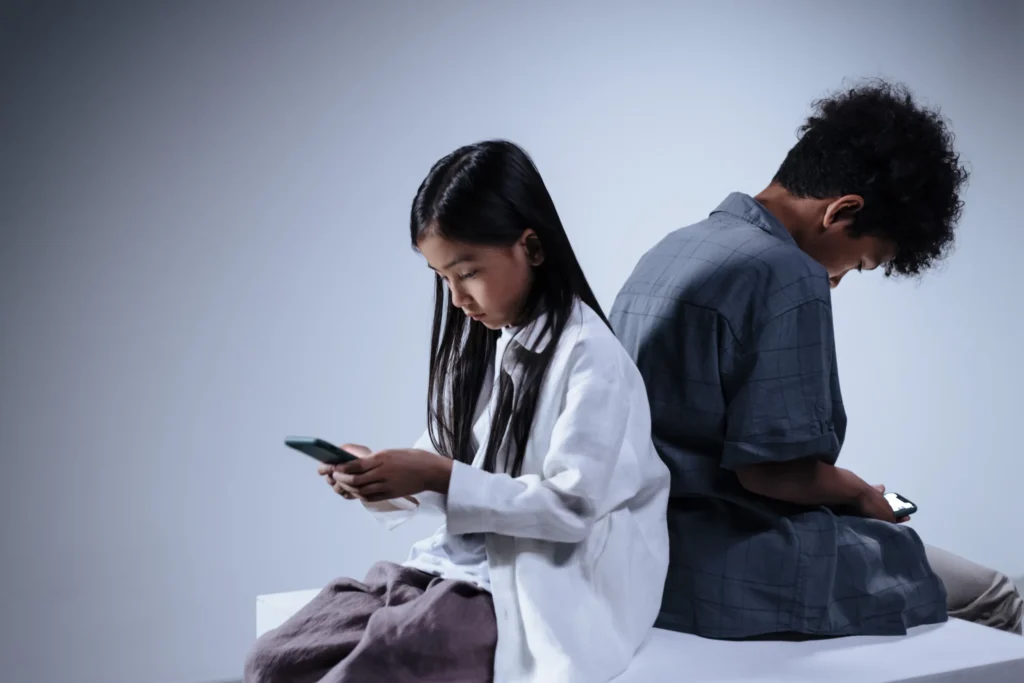
Why Social Media Should Be Banned for Children: A Comprehensive Perspective:
Social media has developed into a potent instrument in the current digital era, providing a multitude of chances for amusement, education, and communication. However, social media use can have negative impacts on kids, which is a compelling argument for banning it for them.
1. Impact on Mental Health:
The biggest worry is the detrimental effects social media might have on kids’ mental health. Research has indicated that youngsters who use social media sites like Facebook, Instagram, and TikTok excessively may experience loneliness, anxiety, and sadness. Peer pressure, cyberbullying, and unattainable beauty standards are all introduced to young minds through social media, which can negatively impact body image and self-esteem.
2. Disruption of Academic Focus:
Kids frequently spend too much time on social media, which lowers their academic achievement. Their studies may be hampered by the continual distraction of alerts and the need to check for changes, which might lead to subpar scores and a lack of focus on assignments. Addiction to social media also wastes time that could be used for worthwhile pursuits like reading, working out, or spending time with loved ones.
for more articles check in:
3. Exposure to Inappropriate Content:
Children can still be exposed to inappropriate information, including violence, explicit language, and scary imagery, even though many social media sites promise to screen harmful content. Their behavior may be affected by this exposure, increasing their propensity to partake in dangerous activities or develop bad habits.
4. Sleep Disruptions:
Social media’s impact on sleep habits is another important problem. Late-night social media surfing by kids frequently results in insomnia or poor sleep quality. The hormone that controls sleep, melatonin, is disrupted by the blue light generated by screens, resulting in weariness and difficulty concentrating during the day.
5. Reduced Social Skills:
Social media facilitates online connections, but it frequently results in fewer in-person encounters. Children’s social skills may deteriorate if they become unduly dependent on virtual communication. Feelings of loneliness and trouble forming in-person interactions might arise from the incapacity to participate in meaningful offline relationships.
Conclusion:
Even while social media provides advantages, there are considerably more concerns when it comes to kids using it. Children’s mental health, academic achievement, and general well-being can all be safeguarded by banning them from social media. Together, parents, educators, and legislators must make sure that kids are protected from the possible negative impacts of these platforms. Promoting real-world relationships and healthful offline activities are essential for assisting kids in becoming well-rounded adults.
for more articles check in:



